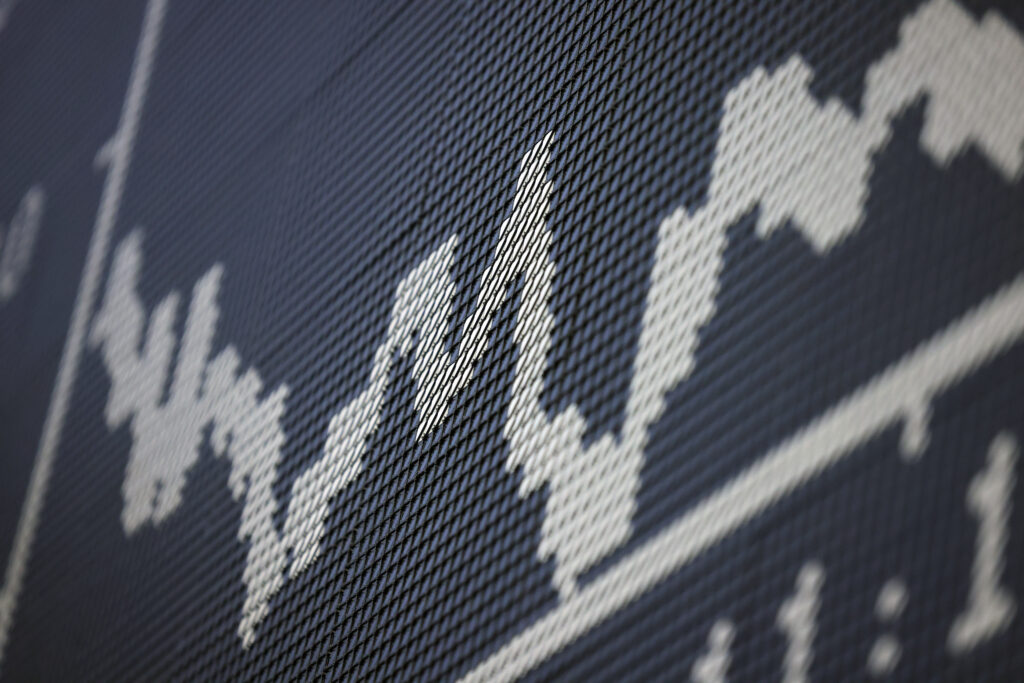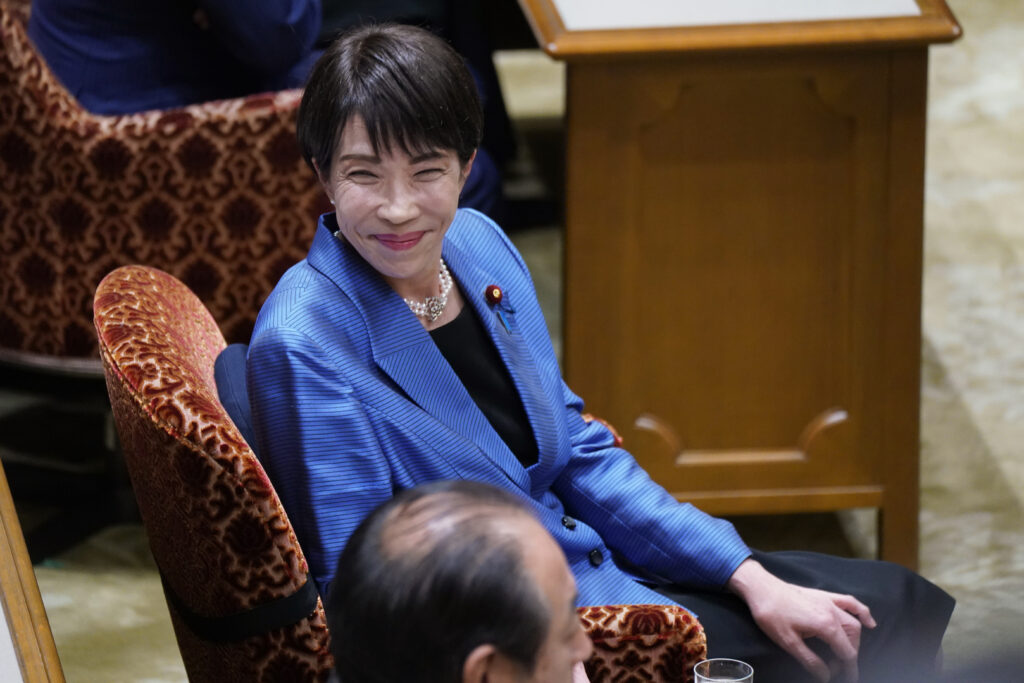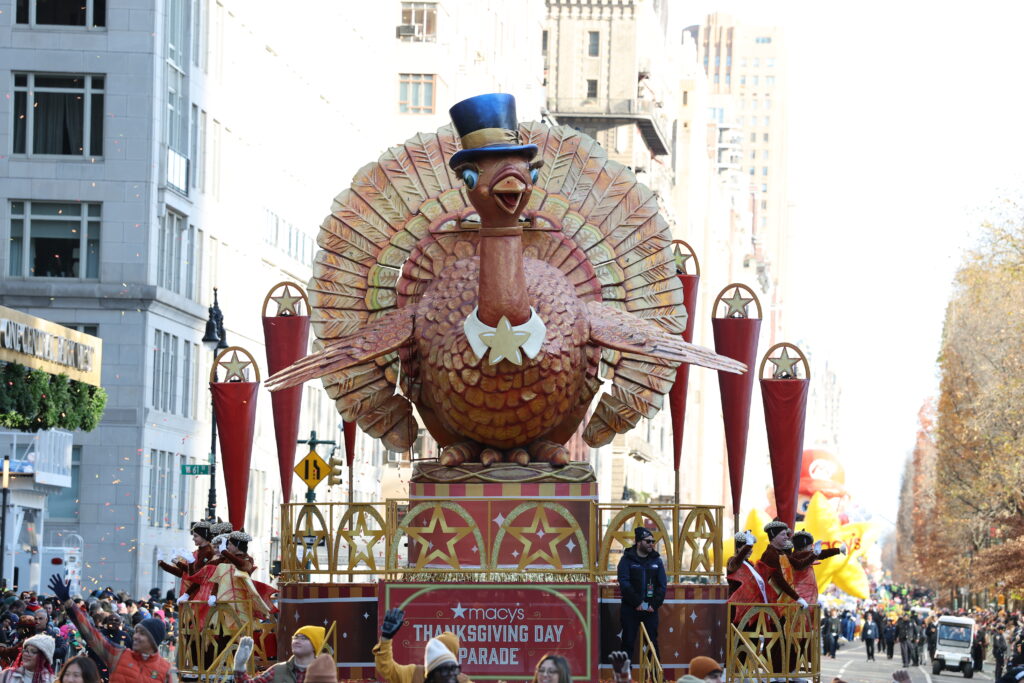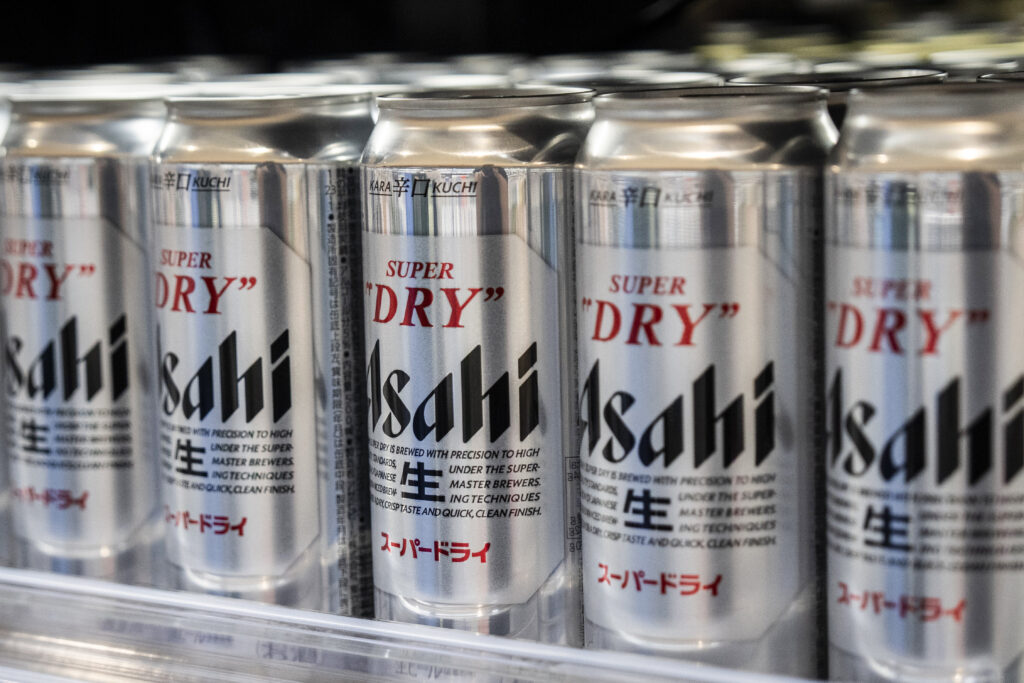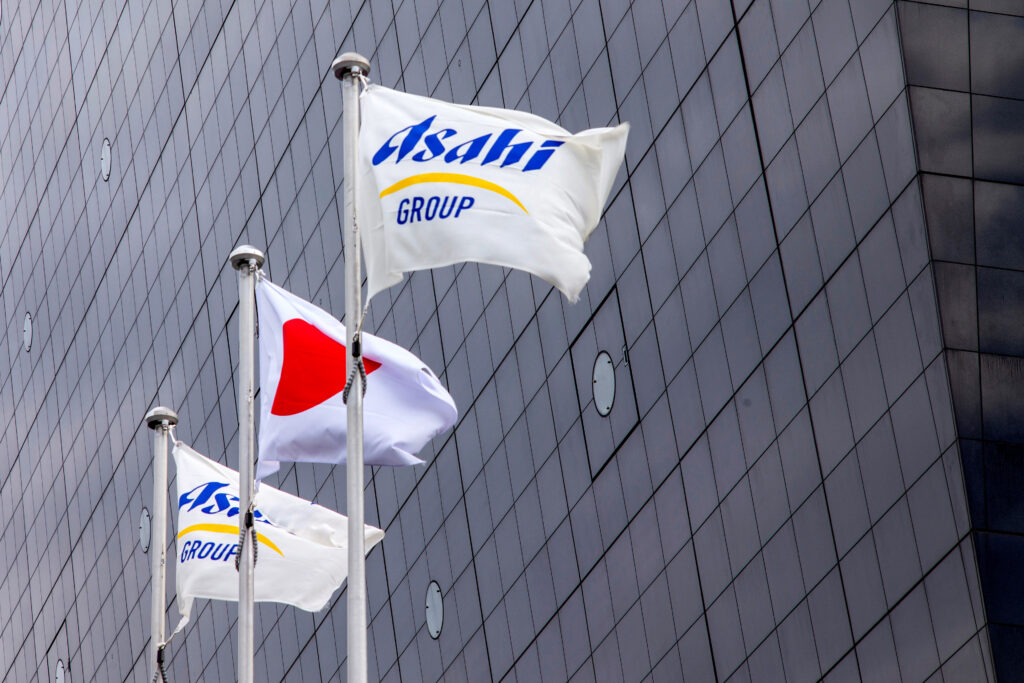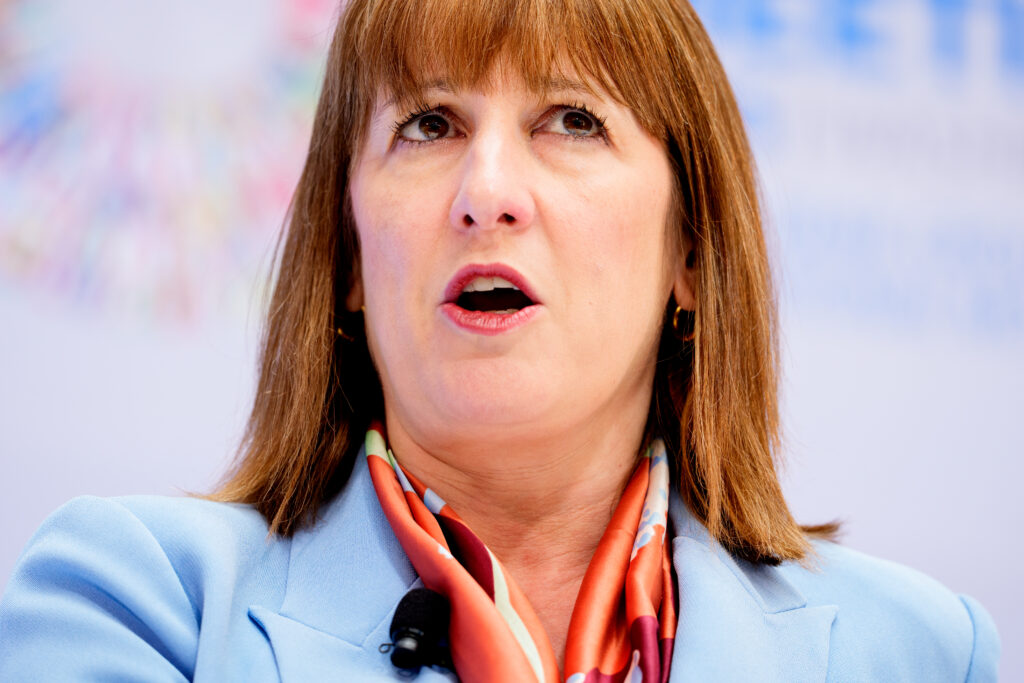Most equity markets build on week’s rally
Most markets squeezed out gains Friday at the end of a strong week for equities fuelled by growing expectations that the Federal Reserve will cut interest rates again next month.Traders took silence from New York’s Thanksgiving break as a reason to have a breather and take stock of a healthy rebound from November’s swoon that was sparked by AI bubble fears.But while there is much debate on whether valuations in the tech sector are overstretched, focus this week has been firmly on the prospect of more rate cuts.A string of top Fed officials have lined up to back a third straight reduction, mostly saying that worries over a weakening labour market trumped still elevated inflation.Attention now turns to a range of data releases over the next week or so that could play a role in the bank’s final decision, with private hiring, services activity and personal consumption expenditure — the Fed’s preferred gauge of inflation.With the government shutdown postponing or cancelling the release of some key data, closely watched non-farm payrolls figures are now due in mid-December, after the Fed’s policy decision.”This delay places much greater scrutiny on the latest November ADP (private) payrolls report,” wrote Market Insights’ Michael Hewson. He said there would likely be a Thanksgiving-linked spike in hiring “that is not entirely representative of recent slower trends in the US labour market”.”While a big jump in payrolls in November could be construed as a positive signal for the US labour market it might not be enough to stop the Fed from cutting rates again with another close decision expected on 10th December,” he added.Markets see around an 85 percent chance of a cut next month and three more in 2026.With no catalyst from New York, Asian investor excitement was limited but most markets managed to rise.Tokyo, Shanghai, Singapore, Wellington, Taipei, Manila, Mumbai and Bangkok all advanced, though Hong Kong, Sydney, Seoul and Jakarta reversed.London, Paris and Frankfurt rose at the open.The yen swung against the dollar after data showed inflation in Tokyo, seen as a bellwether for Japan, came in a little higher than expected, reigniting talk on whether the central bank will hike interest rates in the coming months.The Japanese unit remains under pressure against the greenback amid concerns about Japan’s fiscal outlook and pledges for more borrowing, but it has pulled back from the levels near 158 per dollar seen earlier this week.- Key figures at around 0815 GMT -Tokyo – Nikkei 225: UP 0.2 percent at 50,253.91 (close) Hong Kong – Hang Seng Index: DOWN 0.3 percent at 25,858.89 (close)Shanghai – Composite: UP 0.3 percent at 3888.60 (close)London – FTSE 100: UP 0.2 percent at 9,715.84 Euro/dollar: DOWN at $1.1583 from $1.1602 on ThursdayPound/dollar: DOWN at $1.3215 from $1.3252Dollar/yen: UP at 156.35 yen from 156.30 yenEuro/pound: UP at 87.64 pence from 87.56 penceWest Texas Intermediate: UP 0.7 percent at $59.08 per barrelBrent North Sea Crude: UP 0.3 percent at $63.52 per barrelNew York – Dow: Closed for a public holiday
